Organized by
Affiliated Society of Indian Network of Soil Contamination Research (INSCR) & International Society of Protistologists (ISOP)
Under the aegis of DBT STAR College Scheme and IQAC
February 06 - 07, 2025 | Venue: Acharya Narendra Dev College, New Delhi, INDIA
Acharya Narendra Dev College (ANDC), constituent college of University of Delhi, stands as a beacon of excellence in higher education, known for its unwavering commitment to academic rigor, holistic development, and societal engagement. Founded in 1991, ANDC has emerged as a premier institution dedicated to nurturing young minds and fostering a culture of innovation and inquiry.
Located in the heart of Delhi, ANDC boasts state-of-the-art infrastructure and facilities conducive to learning and research. The college offers a diverse array of undergraduate and postgraduate programs across various disciplines, including Sciences and Commerce, catering to the academic interests and aspirations of a dynamic student body.
At ANDC, academic excellence is complemented by a vibrant campus life enriched with co-curricular activities, sports, and cultural events. The college provides a nurturing environment that encourages students to explore their passions, hone their talents, and develop essential life skills, preparing them to thrive in an increasingly complex and interconnected world.
Driven by a dedicated faculty comprising eminent scholars, researchers, and practitioners, ANDC is committed to fostering intellectual curiosity, critical thinking, and ethical leadership among its students. Through innovative teaching methodologies, interdisciplinary research, and industry collaborations, the college equips students with the knowledge, skills, and perspectives necessary to excel in their chosen fields and make meaningful contributions to society.
Beyond academics, ANDC is deeply invested in community outreach and social responsibility. Through various outreach programs, community service initiatives, and partnerships with local organizations, the college actively engages in addressing societal challenges and promoting sustainable development, embodying its ethos of academic excellence with a purpose.
As a proud member of the esteemed University of Delhi, Acharya Narendra Dev College continues to uphold its legacy of excellence, innovation, and service, inspiring generations of students to realize their full potential and become responsible global citizens poised to shape the future.
Research on ciliated protists in the Department of Zoology, University of Delhi was initiated by Prof BL Bhatia in 1932 who published a memoir. The legacy continued with Prof BR Seshachar when he joined the University’s Zoology Department. After his retirement in 1970, ciliates continued to be in the center stage of investigations by his students Prof CMS Dass, Prof DM Saxena and Prof GR Sapra. Since the mid-eighties, Prof GR Sapra and his group were engaged in exploring ciliates in cellular ageing, influence of metals on development, biodiversity and systematics. Prof Renu Gupta, Prof Seema Makhija and Prof Ravi Toteja established the Ciliate Biology Research Laboratory in Acharya Narendra Dev College (ANDC); unfortunately we lost Prof Gupta to a medical exigency. Dr Komal Kamra shifted base from her research laboratory in SGTB Khalsa College and has joined the lab at ANDC. The on-going research is mainly on the ecotoxicology, barcoding, biodiversity and systematics of ciliates from soil and freshwater ecosystems in and around Delhi.
Our earlier collaboration with International Research Coordination Network for Biodiversity of Ciliates (IRCN-BC) funded by National Science Foundation, USA paid rich dividends. Recently we were officially affiliated to Indian Network on Soil Contamination (INSCR). The group has an on-going association with several renowned National and International scientists of this field.
The Indian Network for Soil Contamination Research (INSCR) was established in 1999 with the mission to advance research, foster collaboration, and develop solutions for addressing soil contamination, following the success of an international conference on environmental pollution held in New Delhi, which brought together over 200 distinguished scientists from across the globe, including Australia, New Zealand, Japan, China, Sweden, the UK, the USA, and other nations. Registered under the Societies Registration Act XXI of 1860 (Registration No. 34693, dated 22nd April 1999), INSCR connects leading researchers across academic, agricultural, and industrial sectors to address soil contamination challenges through collaborative and innovative research.
Since 2017, INSCR has expanded its mission to promote microbiology and scientific literacy across India, building on its foundation of addressing soil contamination challenges through research and collaboration. Through International conferences, hands-on workshops, and outreach programs, INSCR has empowered researchers and students alike. Flagship initiatives such as workshops on Genomics, Metagenomics, and Bioinformatics, alongside scientific writing and communication programs, provide essential training and knowledge exchange opportunities.
INSCR’s outreach programs engage young students through hands-on experiments, practical demonstrations, and interactive discussions, igniting curiosity and enthusiasm for microbial sciences and soil contamination. Keeping in view the advances in microbiology and vital role of microorganisms in sustaining our planet earth, the scope and aims of INSCR have been broaden to encompass advance microbiome research, address environmental contamination, foster innovation, promote microbial literacy, and influence policy through education, outreach, and collaboration while maintaining scientific excellence and a non-profit model. Further INSCR has included Indian Society of Ciliate Biology in order to expand its domain. Supported by prestigious organizations like ISME and FEMS, INSCR remains committed to advancing research and fostering collaboration. It also focuses on cultivating awareness to combat soil contamination and promoting microbiological education for a sustainable future.
The International Society of Protistologists is an association of scientists devoted to research on single-celled eukaryotes, or protists. The ISOP promotes the presentation and discussion of new or important facts and problems in protistology, and works to provide resources for the promotion and advancement of this science.
ISOP recognizes the growing need to connect protistologists displaced by disasters, both man-made and natural.
To serve protistologists, ISOP has established ISOP Solidarity Forums , bulletin boards on the ISOP website where protistologists affected by disasters and those willing to host scientists can make contact. The platform is available to any protistologists who are dispossessed and displaced due to natural or man-made disasters as a way for ISOP to continue fostering the protistologists.
ISOP also supports seminal activities conducted by its affiliated societies across the world by providing financial assistance and disseminating information about these activities on its website and other social media.
The International Symposium on Ciliate Biology 2025 has been given grant in aid by ISOP for its successful conduct.
The Indian Society of Ciliate Biology is an association of scientists devoted to research on ciliated protists.
Vision:
The Indian Society of Ciliate Biology envisions a world where the intricate complexities of ciliate single celled eukaryotic organisms are fully understood, appreciated, and harnessed for the betterment of science and society. The Society strives to be a global leader in advancing the frontiers of ciliate biology, fostering interdisciplinary collaboration, and promoting sustainable solutions for environmental and health challenges through innovative research and education.
Mission:
Our mission is to promote excellence in ciliate biology research, education, and outreach by:
Through these efforts, the Indian Society of Ciliate Biology seeks to advance scientific understanding, promote conservation, and inspire the next generation of ciliate biologists to explore and protect the rich diversity of ciliate organisms and their ecosystems.
AIMS AND OBJECTIVES OF ISCB 2025
ISCB 2025 aims to achieve the following



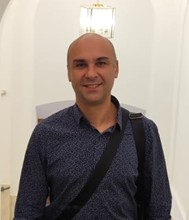



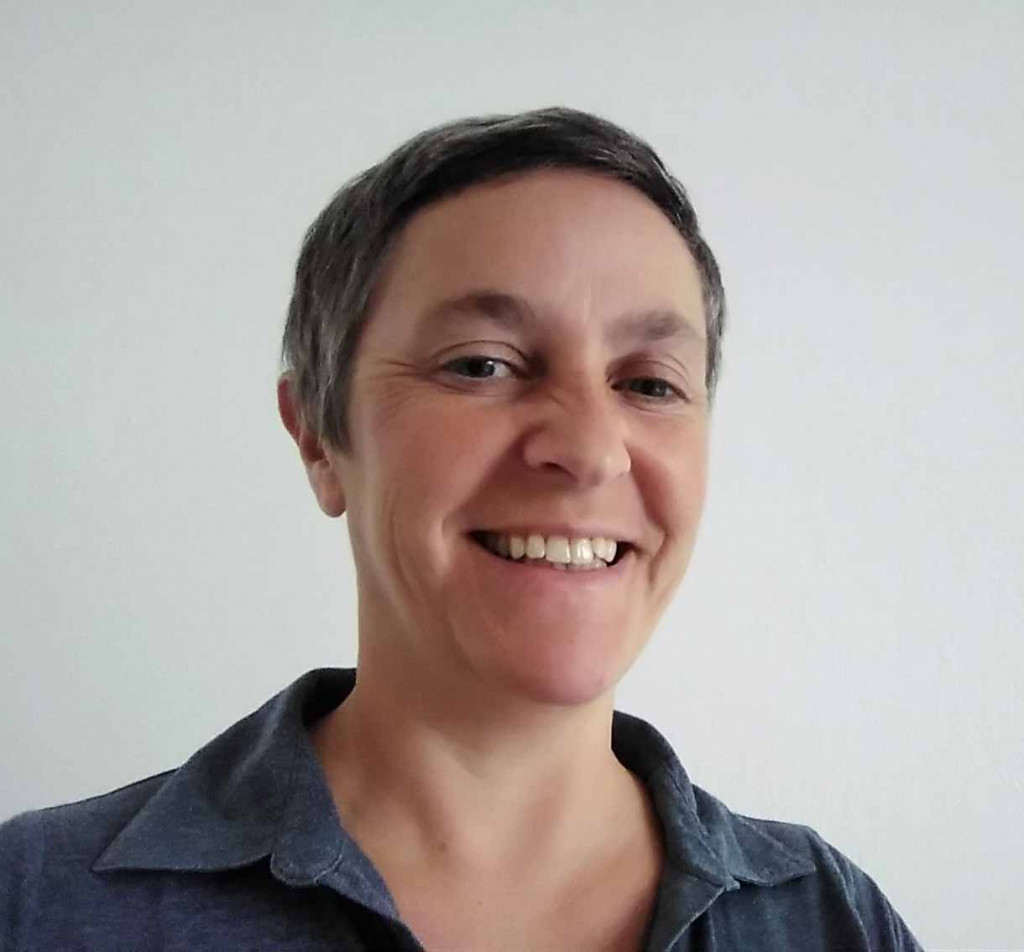



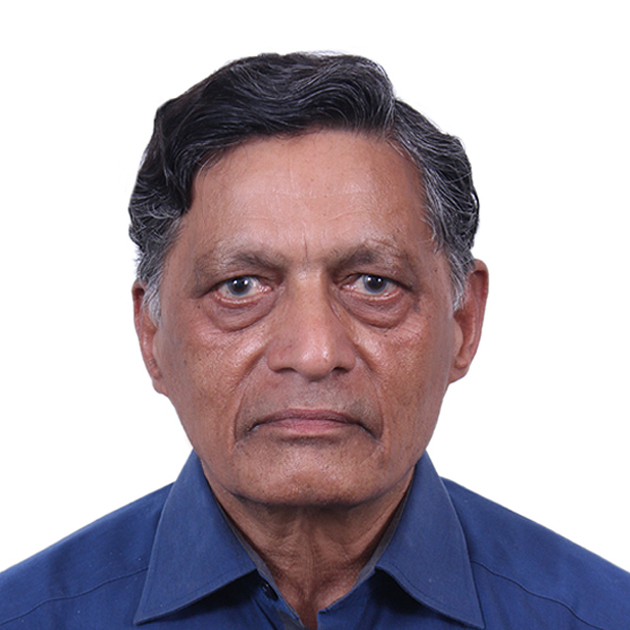
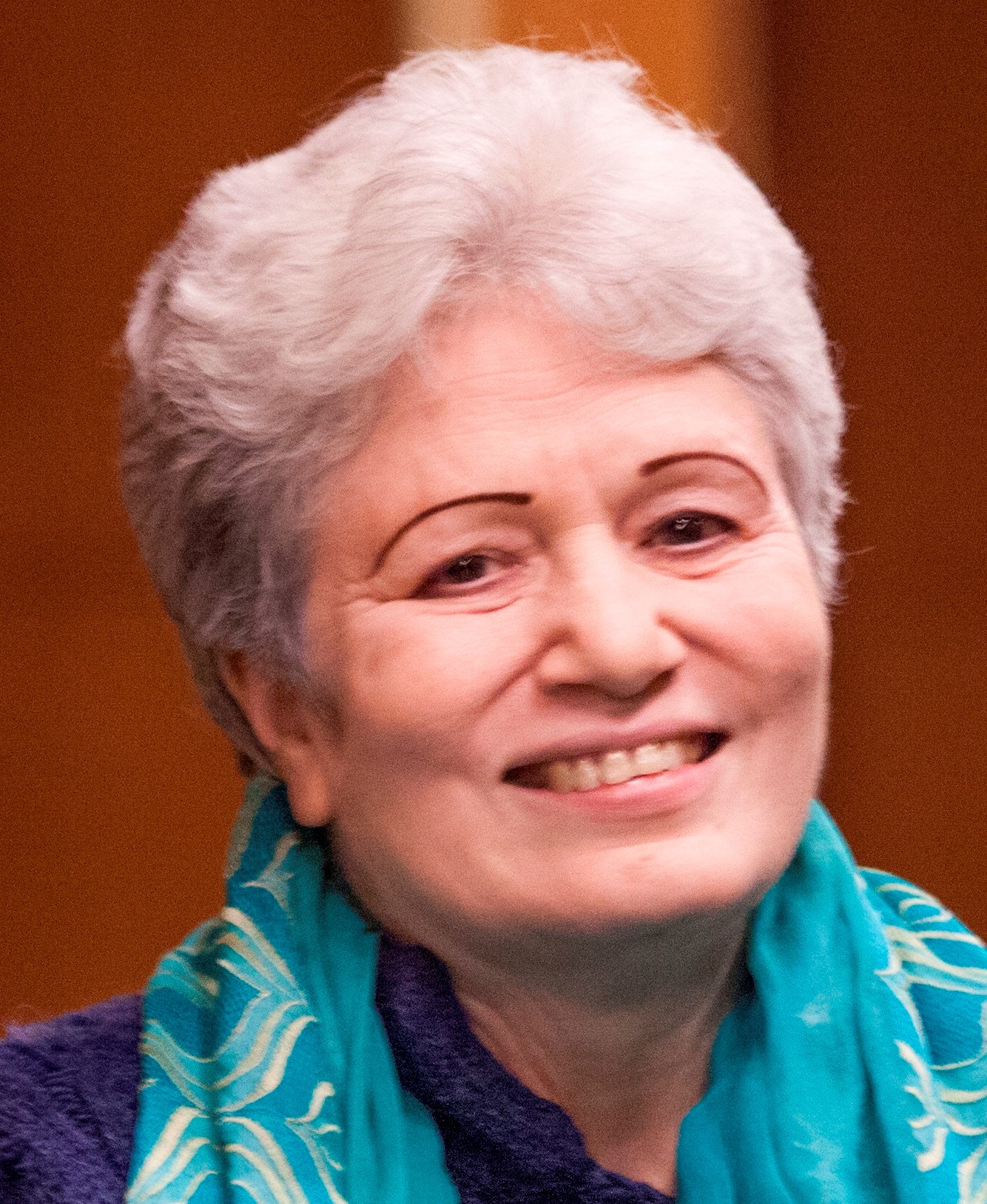
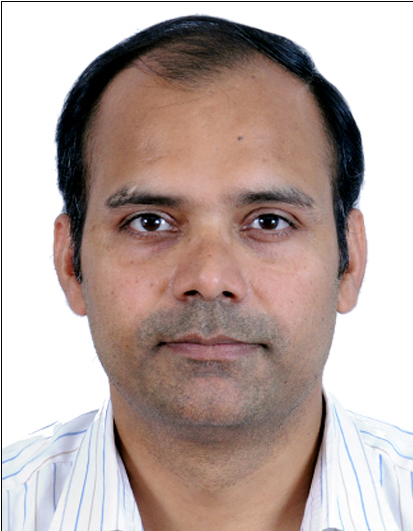
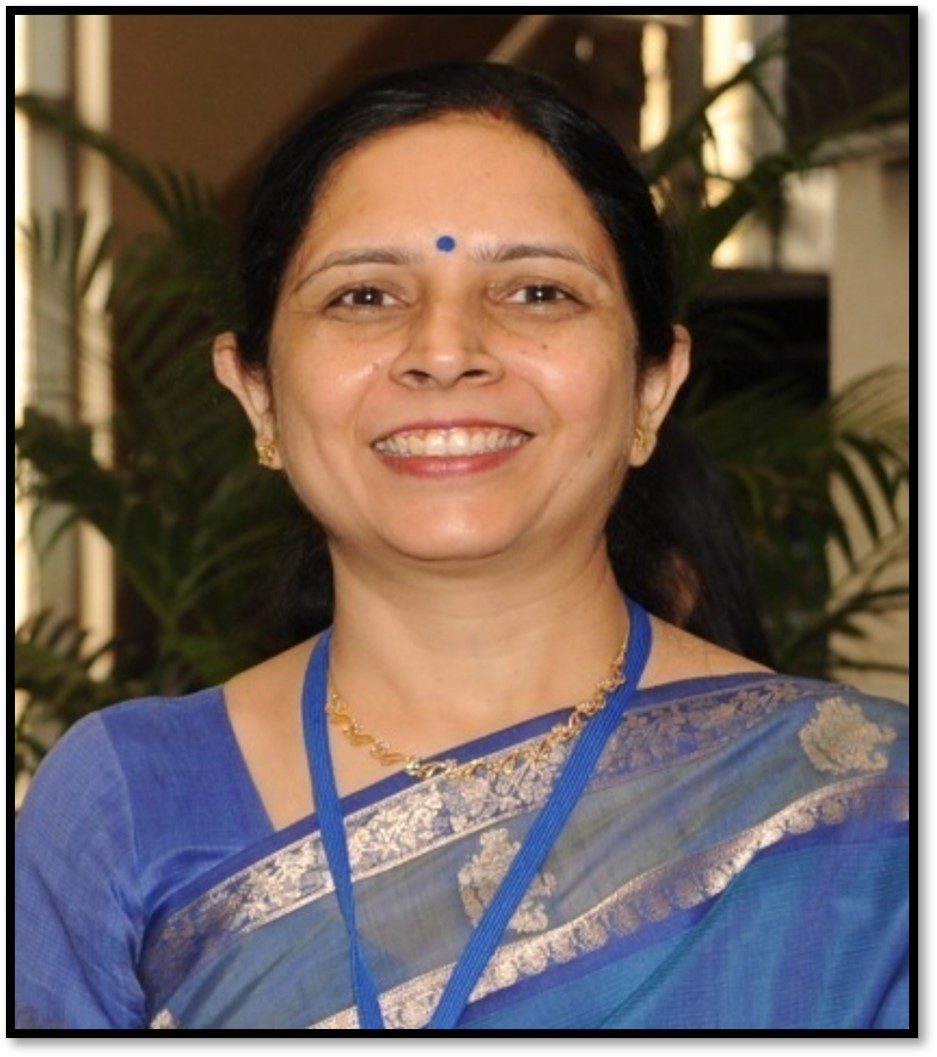
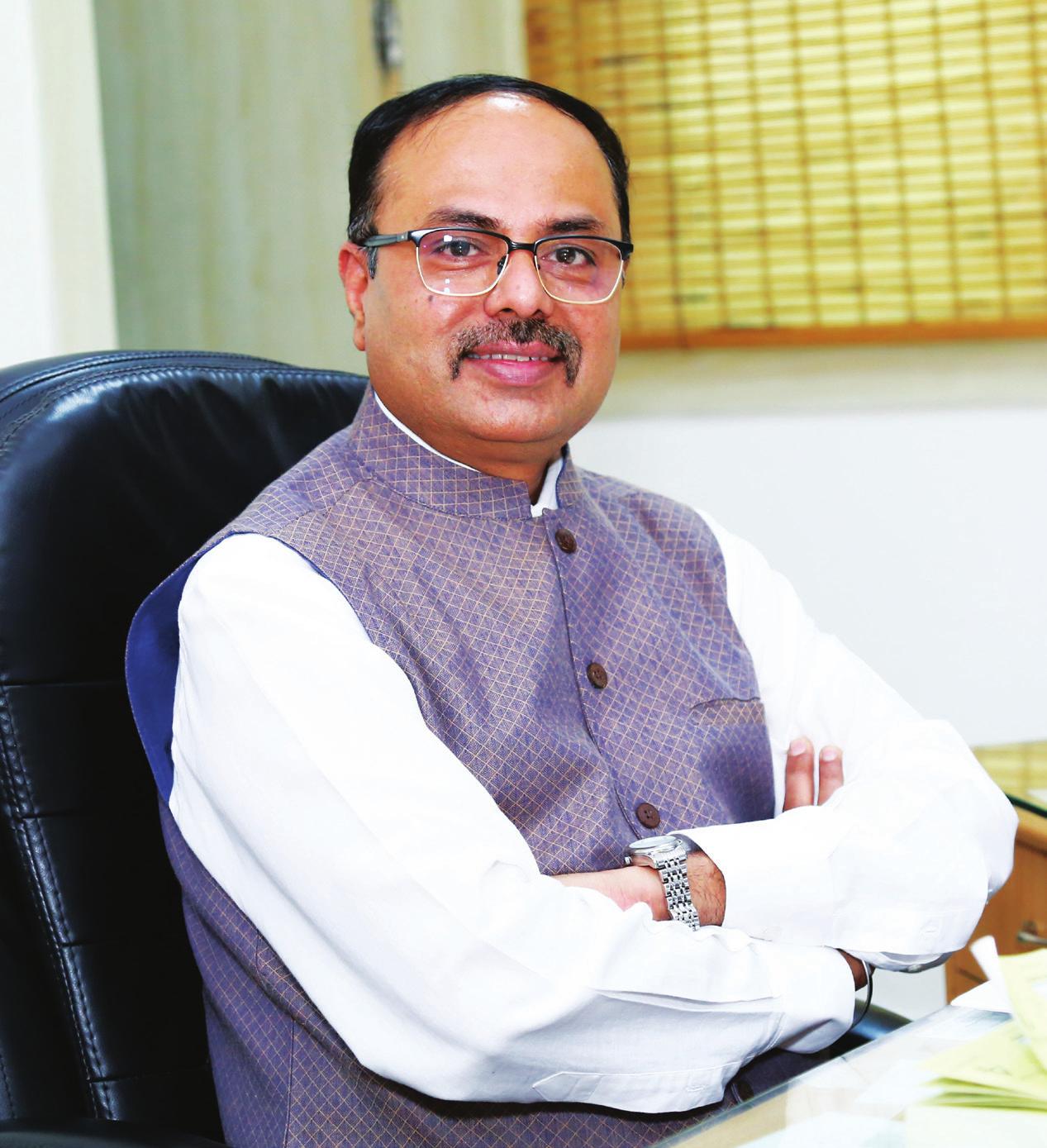
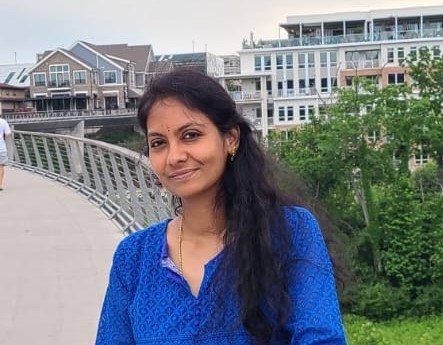
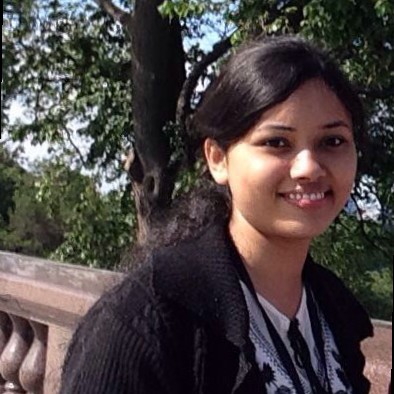

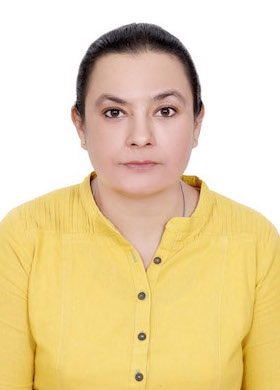
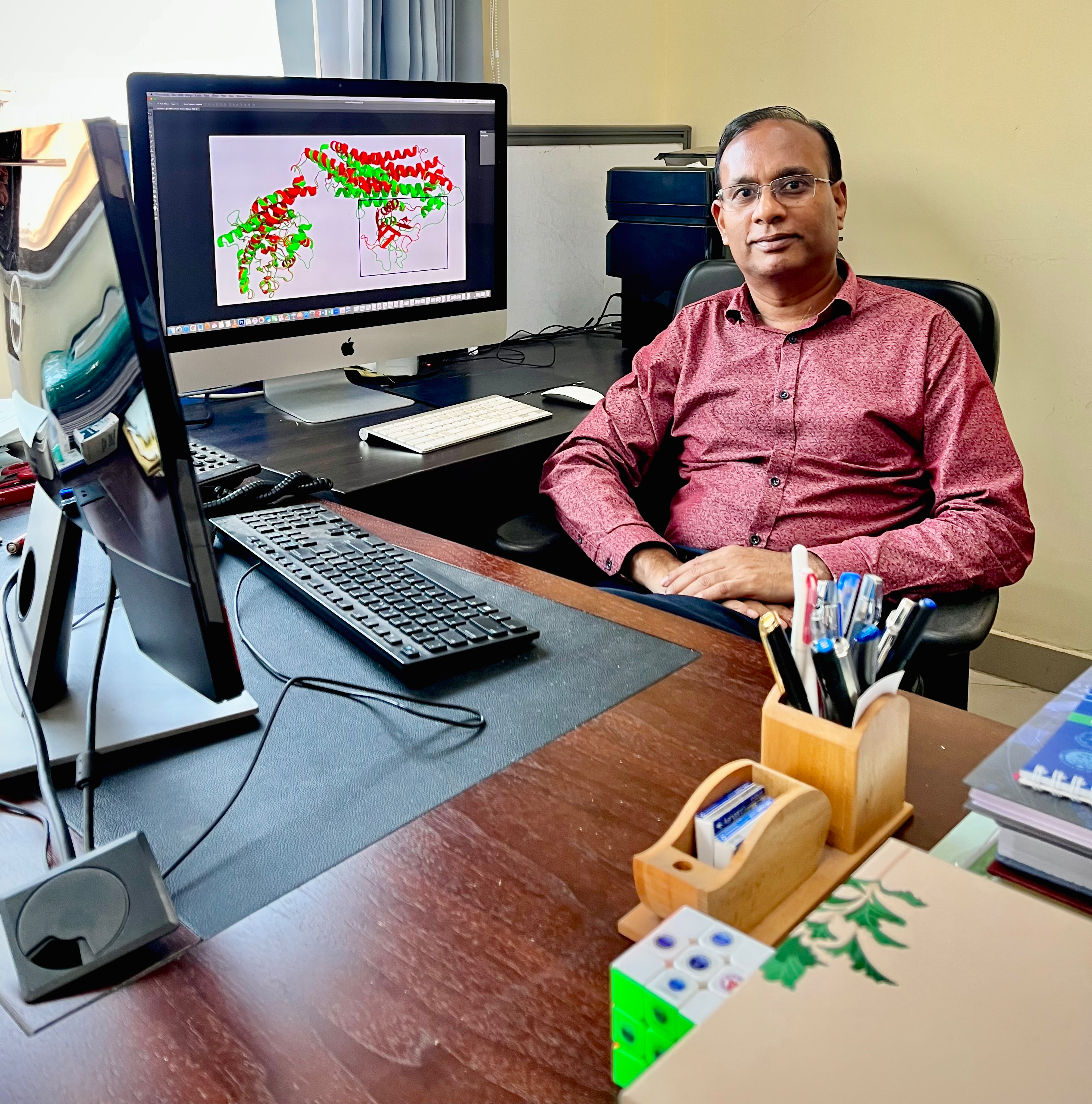
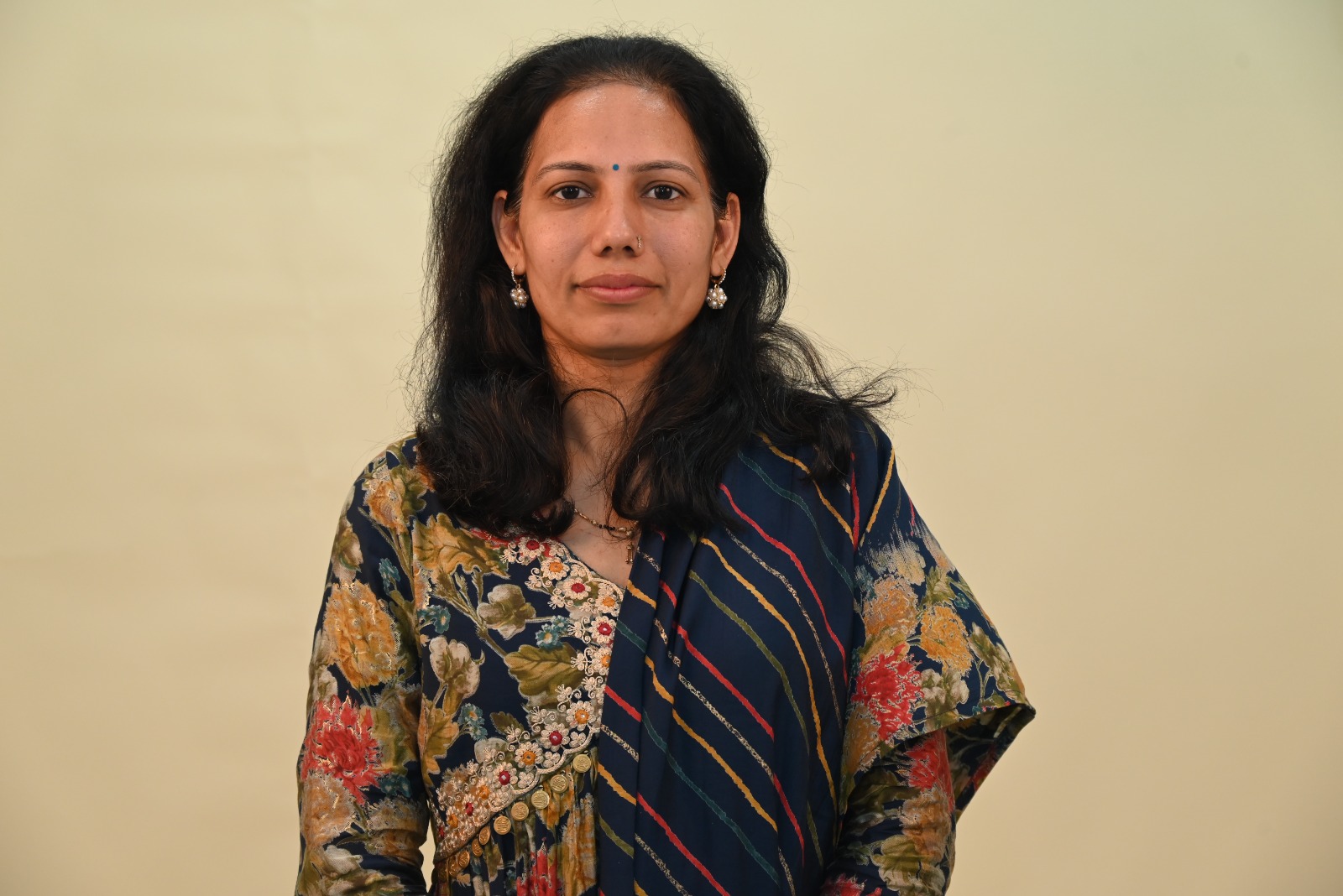

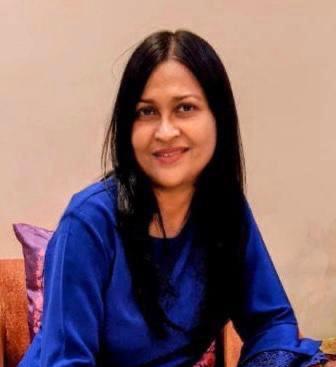

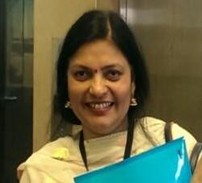


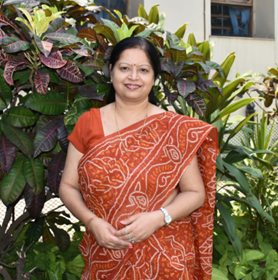
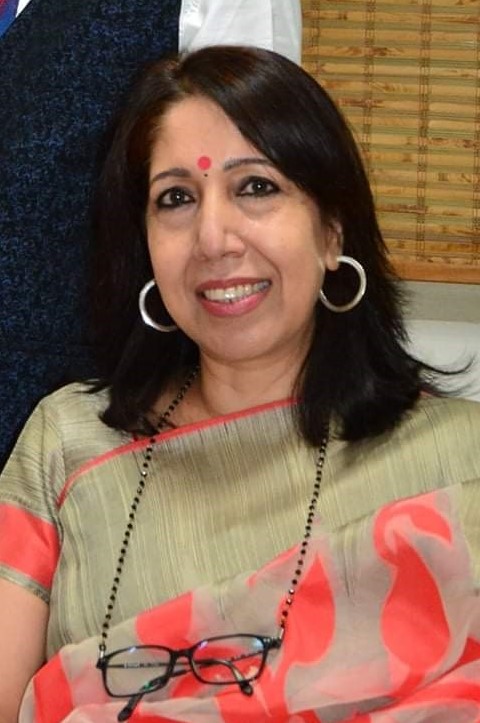
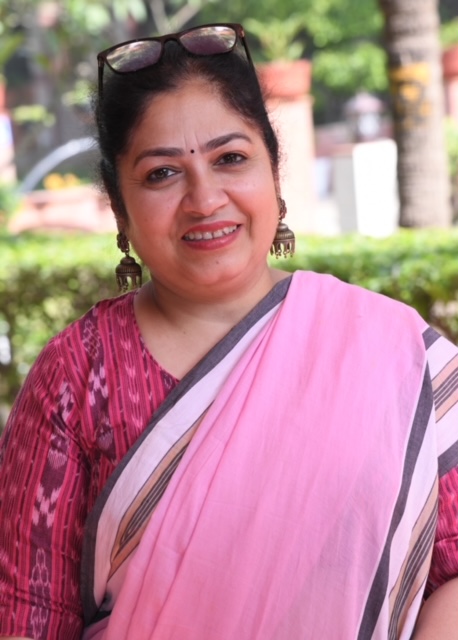

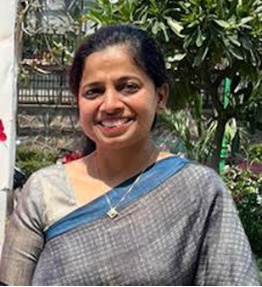
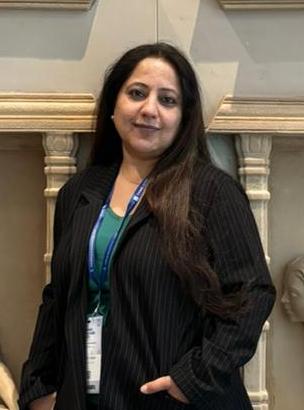
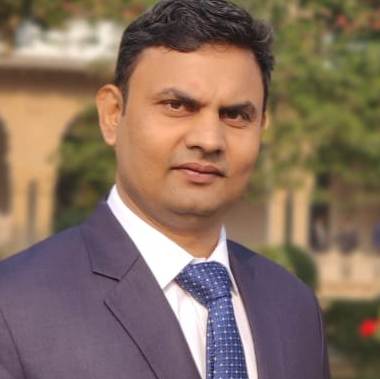


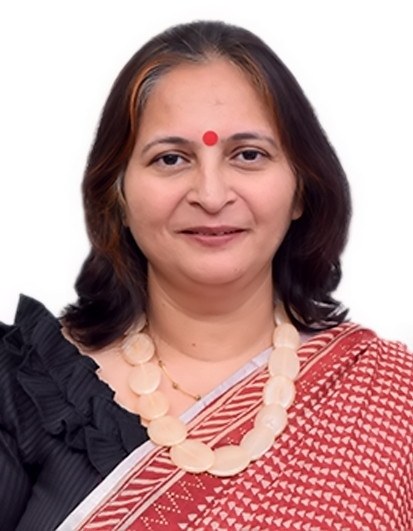
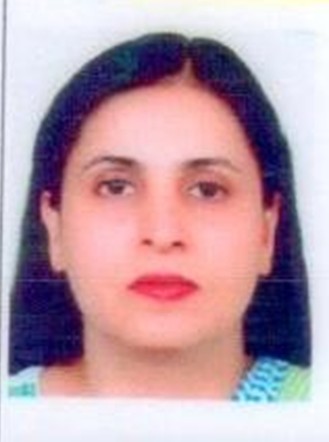
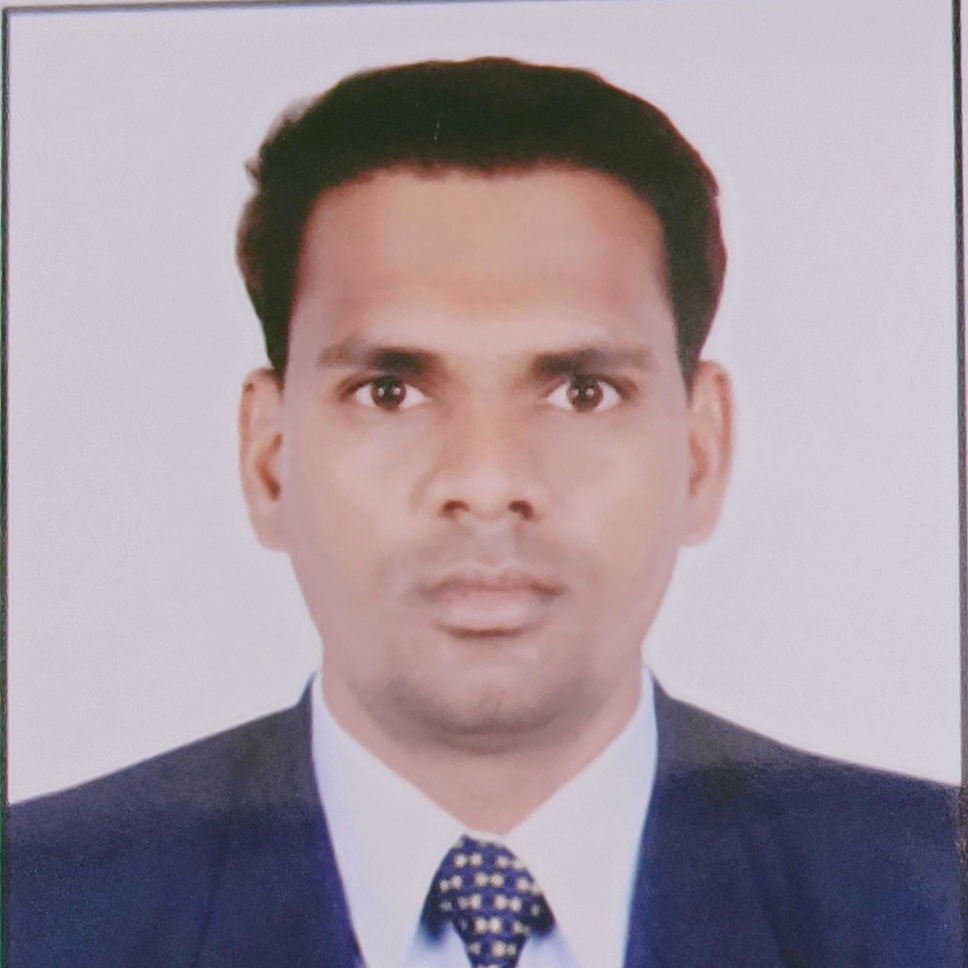
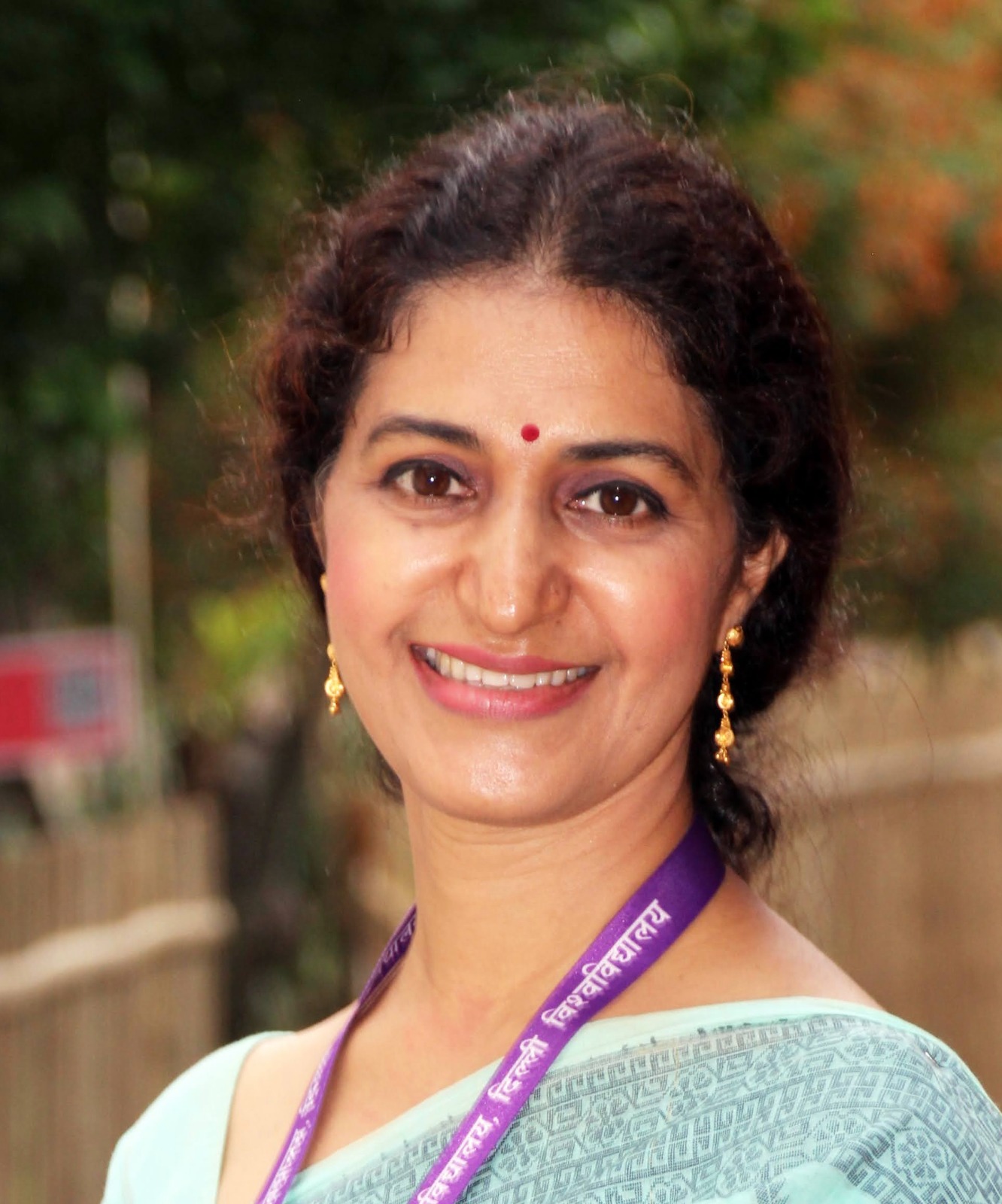
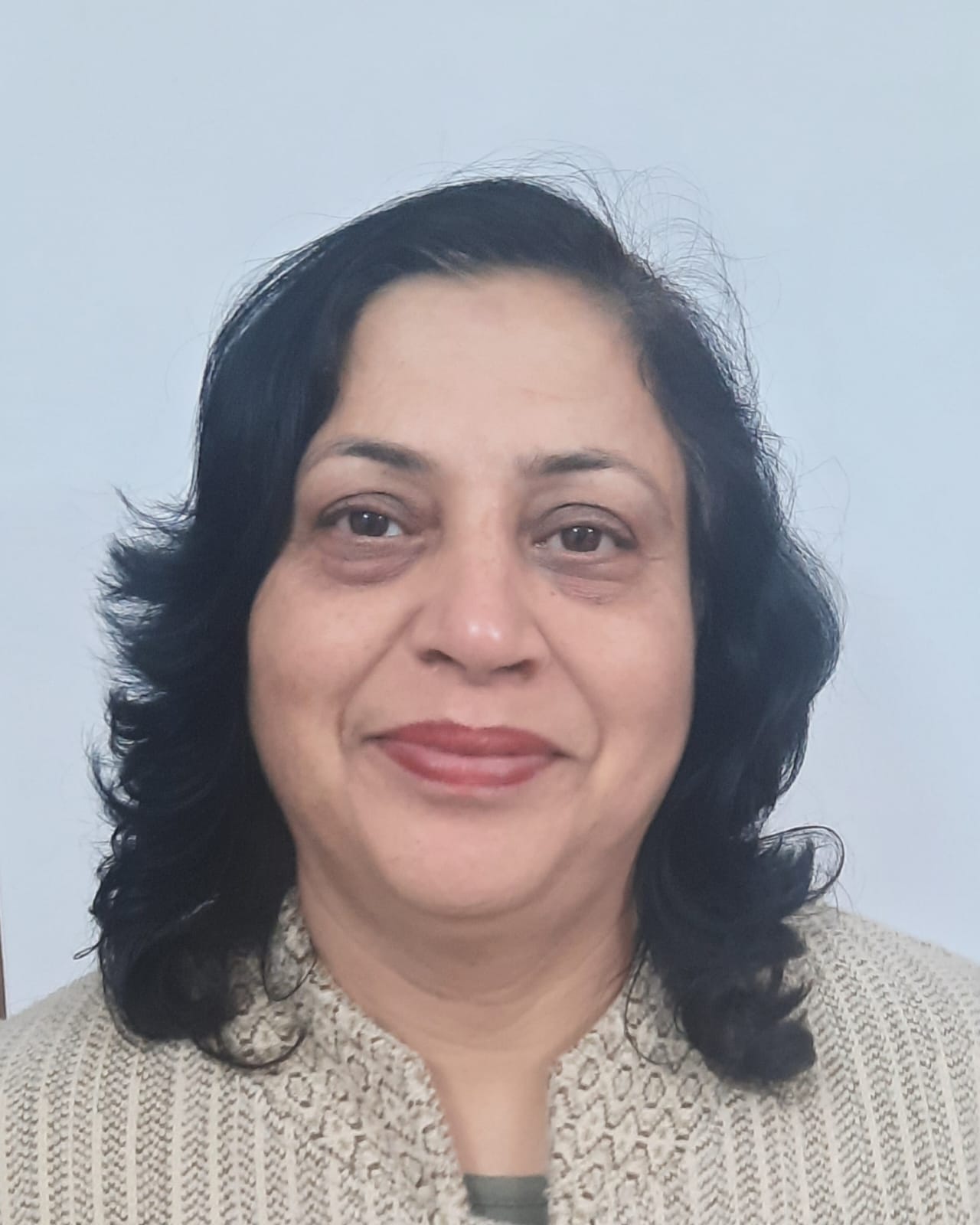
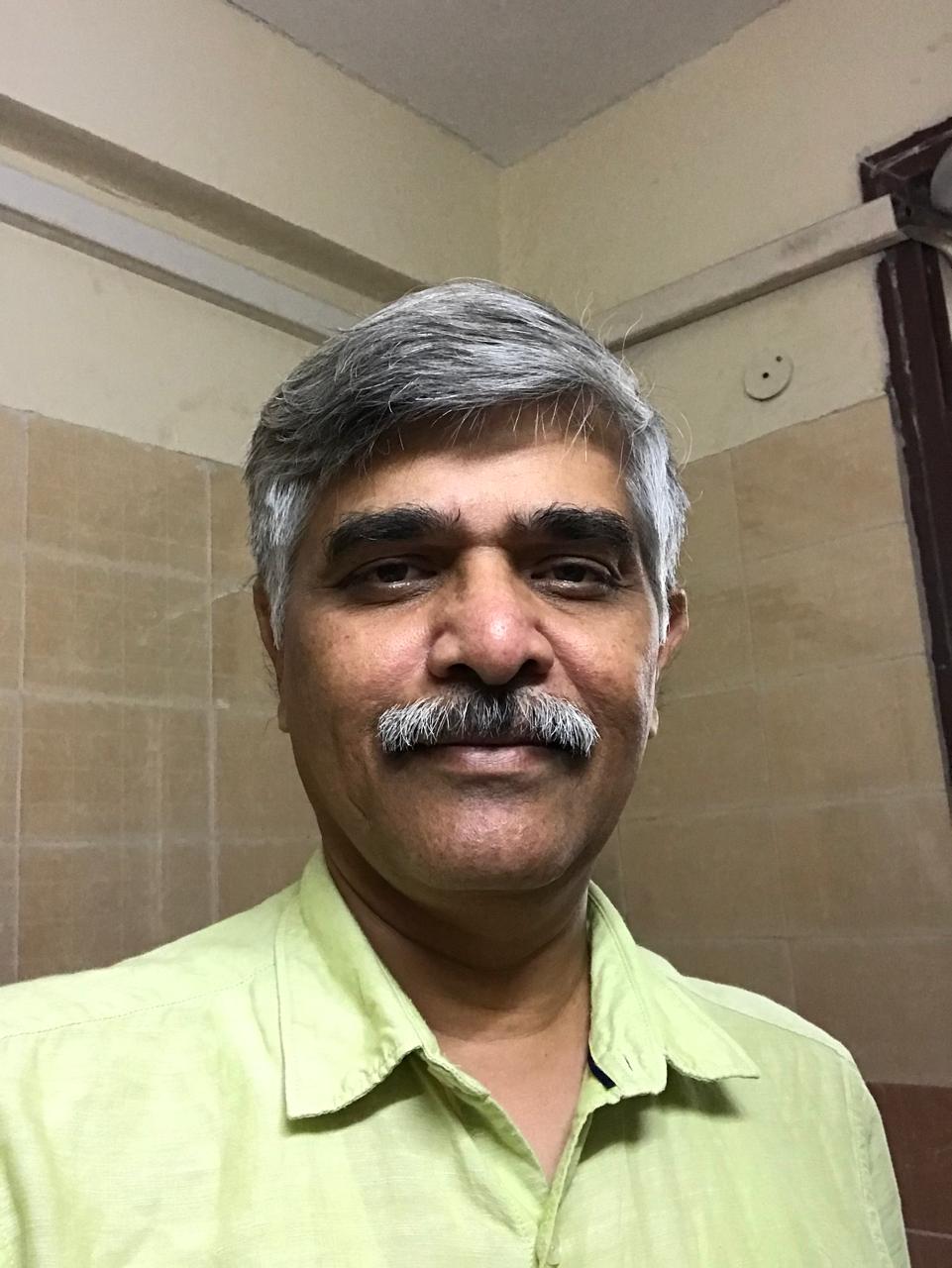
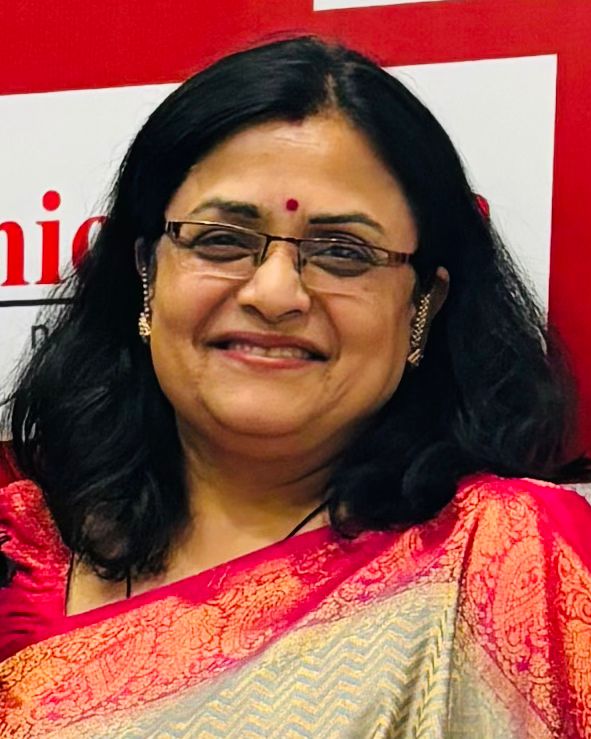

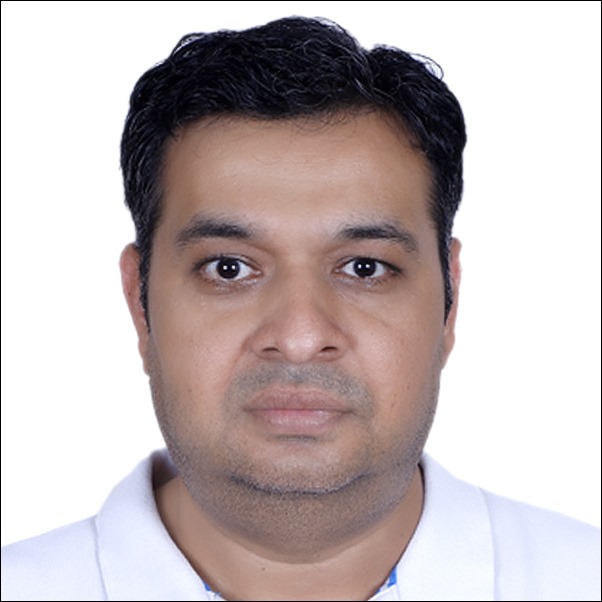
The Symposium will cover a range of fundamental & applied topics in Biological and interdisciplinary science. The major focus will be on:
Early Bird Registration: December 16, 2024 (Monday)
Abstract Submission: January 10, 2025 (Friday)
https://forms.gle/owEAjfY7QoFAN62P9
Acceptance of abstract: January 15, 2025 (Wednesday)
Abstracts are invited from UG/PG/Research Scholars/Faculty for oral/poster presentations at ISCB-2025. Please click at https://forms.gle/owEAjfY7QoFAN62P9 to access the abstract submission form. Detailed guidelines for abstract submission are available on the INSCR-2024 website and also in the description section of the form. A person can submit max. 3 abstracts as the first author (one for oral presentation and two for poster presentation). Fill out separate google forms for each abstract. Please do not submit the same abstract multiple times.
The last date for abstract submission is January 10, 2025. For any query, please contact at
iscbdelhi2025@gmail.com
Abstracts will be accepted after peer-review. The authors will be notified of the acceptance of their abstract through email by January 15, 2025.
| Registration fee | Up to December 16, 2024 | December 17, 2024 Onwards |
|---|---|---|
|
International Delegate |
200 USD |
250 USD |
|
International Delegate (ISoP member) |
150 USD |
200 USD |
|
International Student Delegate |
120 USD |
150 USD |
|
International Student Delegate (ISoP member) |
100 USD |
150 USD |
|
International Accompanying person |
150 USD |
200 USD |
|
National Delegate |
3000 INR |
5000 INR |
|
National UG / PG Student Delegate |
2000 INR |
2500 INR |
|
National Research Scholar Delegate |
2500 INR |
3000 INR |
|
National Accompanying Person |
3000 INR |
4000 INR |
ISCB 2025
Acharya Narendra Dev College
(University of Delhi)
Kalkaji, Govindpuri,
New Delhi – 110 019 INDIA
Email: iscbdelhi2025@gmail.com
Website: www.andcollege.du.ac.in
Tel: + 91-11-26293224